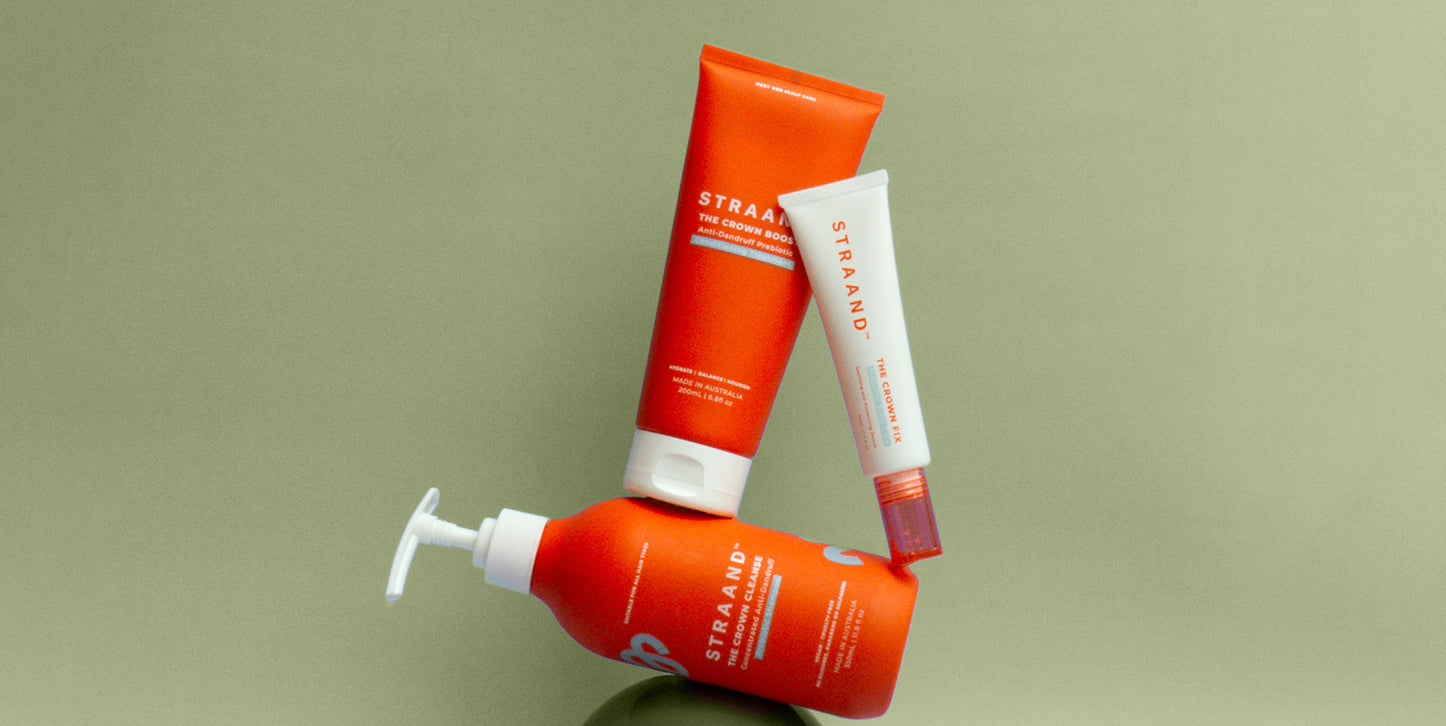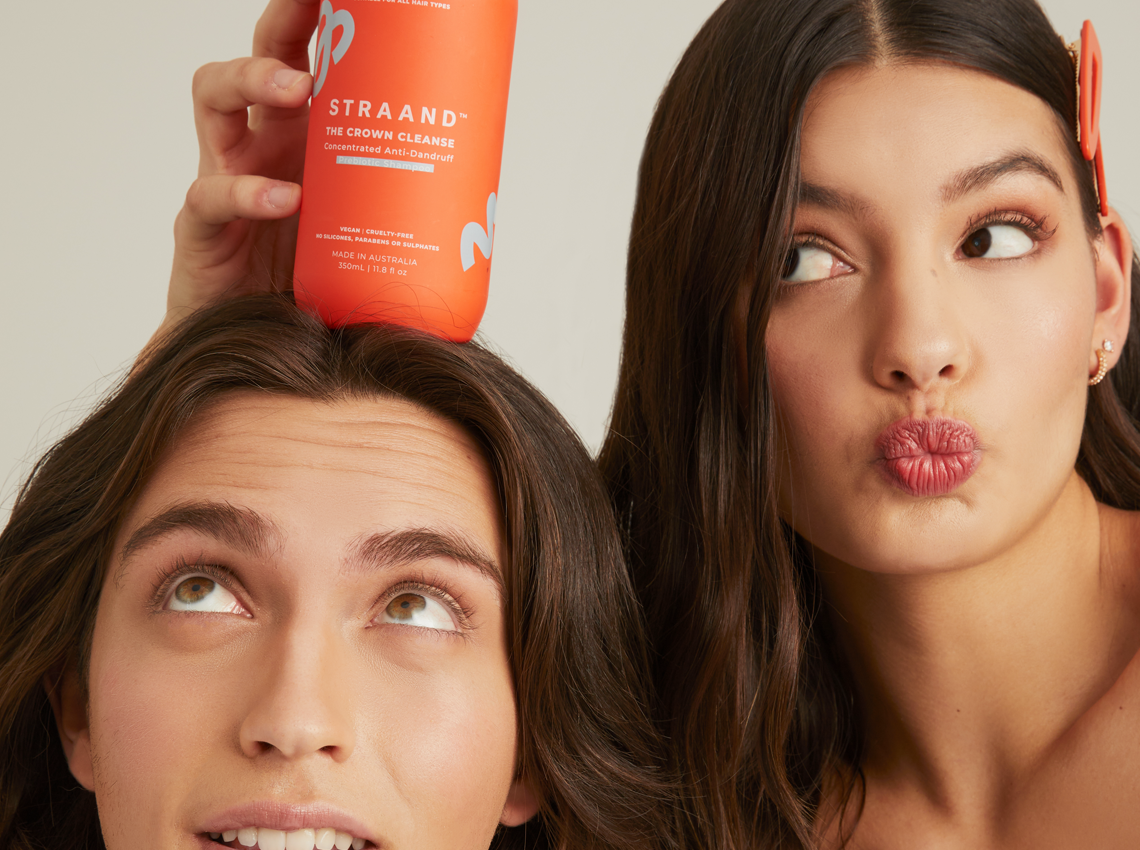A quick update for our U.S. customers 🇺🇸
We wanted to give you a quick update if you’ve tried to shop with us recently.
Our U.S. website is temporarily closed while we navigate the changes caused by new import tariffs set by President Trump.
THE GOOD NEWS?
We’re working hard behind the scenes to reopen U.S. orders as soon as possible. In the meantime, you can find select STRAAND product on Amazon Prime.
Thank you for your patience and for being part of the STRAAND community.


